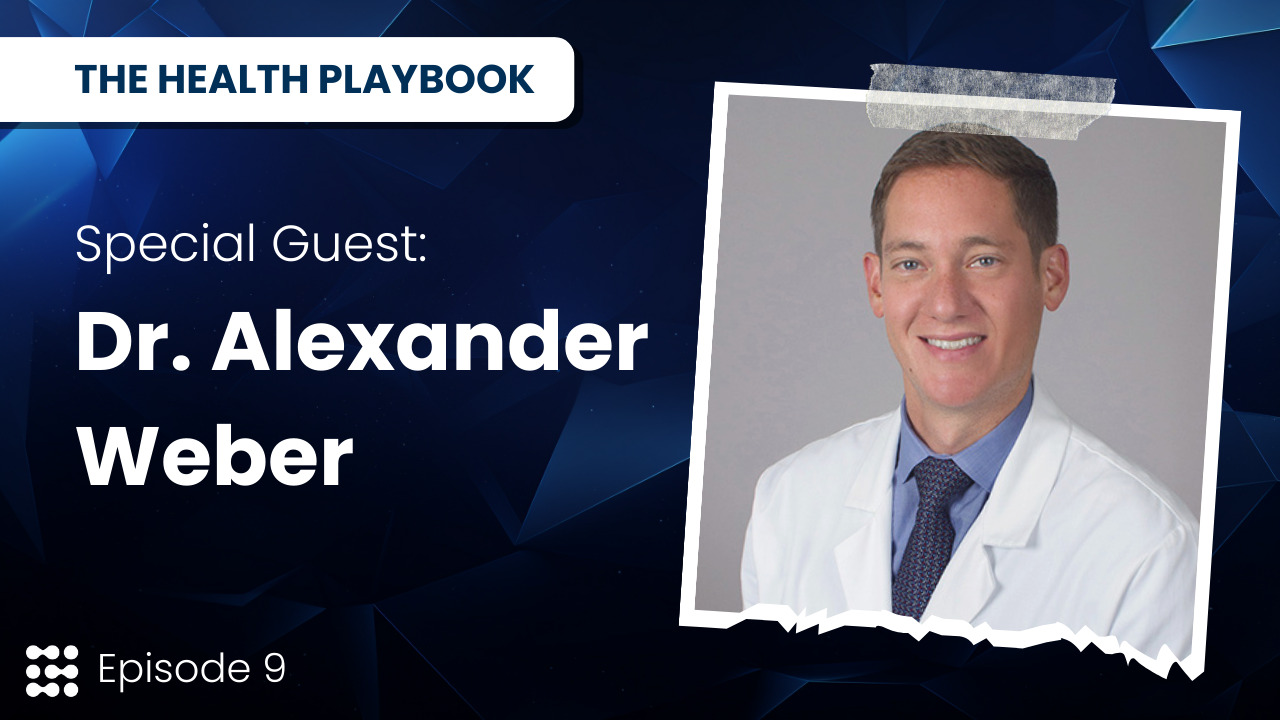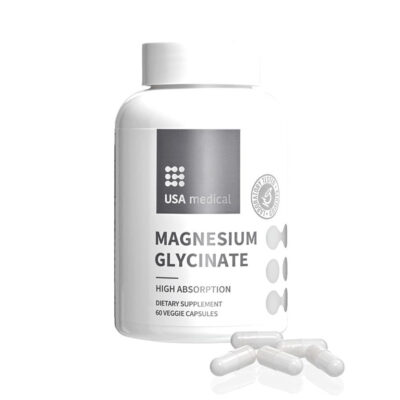
What Is CBG Oil?
If you’re looking for a comprehensive, natural solution to tackle inflammation and its debilitating effects, you’re in the right place. Welcome to the new era

In a fascinating episode of our podcast, I, Jake Crossman, had the opportunity to discuss an important topic with Dr. Alexander Weber, a leading expert in sports medicine.
We explored the complexities of ACL (Anterior Cruciate Ligament) injuries, focusing particularly on a recent study about non-surgical treatment options.
This blog post will delve into the insights shared by Dr. Weber and examine the study’s implications, contrasting them with traditional approaches to ACL treatment.
ACL injuries are a significant concern, particularly in sports, affecting both professional and amateur athletes.
Dr. Weber and I discussed how these injuries impact athletes and the traditional treatment approaches, typically involving surgery.
A recent study has sparked debate in the medical community about the necessity of surgery for ACL injuries.
Dr. Weber expressed skepticism about this study during our discussion, pointing out potential issues with participant selection and the overall conclusions.
Dr. Weber provided a critical analysis of the study, emphasizing the need for surgical intervention in most ACL injury cases, especially for those seeking to return to high-level physical activities.
Our conversation highlighted Dr. Weber’s stance that while non-surgical methods might offer some benefits, they are not a substitute for surgery in cases where full functional recovery is desired.
Our discussion with Dr. Alexander Weber offers valuable insights into ACL injuries and treatments.
The debate over surgical versus non-surgical methods is ongoing, with new research challenging long-held beliefs.
To hear the full depth of this conversation and gain more insights from Dr. Weber, I encourage you to listen to the entire podcast episode.
These statements have not been evaluated by the Food and Drug Administration. These products/services are not intended to diagnose, treat, cure, or prevent any disease.

If you’re looking for a comprehensive, natural solution to tackle inflammation and its debilitating effects, you’re in the right place. Welcome to the new era

The Invisible Enemy Within You wake up feeling groggy, your joints ache, and that old neck pain seems to have returned. No, it’s not just

CBG oil has been creating waves in the health and wellness industry, and for good reasons. But with any health trend, it’s crucial to separate

In stock | Free shipping

In stock | Free shipping

In stock | Free shipping

In stock | Free shipping

In stock | Free shipping

In stock | Free shipping

In stock | Free shipping

In stock | Free shipping

In stock | Free shipping

In stock | Free shipping

In stock | Free shipping

In stock | Free shipping

In stock | Free shipping

In stock | Free shipping

In stock | Free shipping